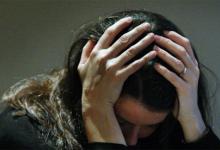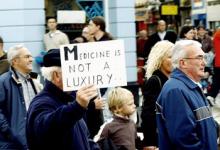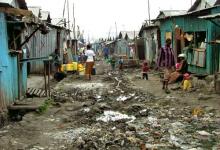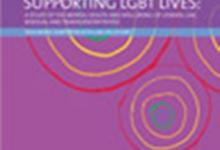Balanced care approach needed for mental health
We need to strike a balance between community-based and hospital care in our mental health services. By Justin Frewen and Dr. Anna Datta
The majority of economically 'developed' countries have experienced three main stages in the evolution of mental health careThe first one, between 1880 and 1995, was dominated by the concept of providing treatment in 'asylums', large medical institutions that were generally located far from the patients' communities.









